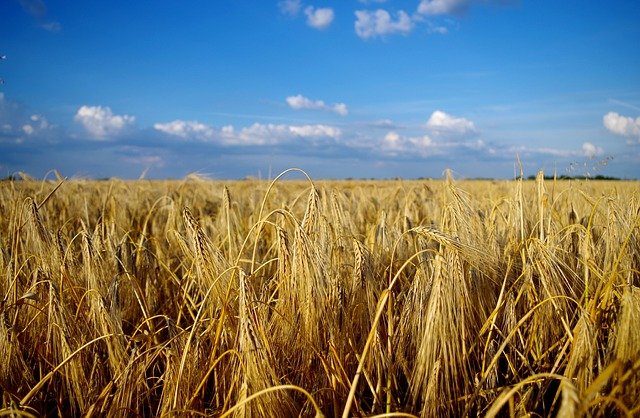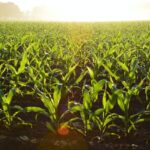Somewhere between 7,000 and 10,000 years ago, humans began to cultivate crops. This is often referred to as the invention of agriculture, as before, humans mostly foraged for produce that grew wild.
Though historians and archaeologists have held much debate as to how and when human agriculture actually began, the fact remains that we’ve been at it for quite some time.
Over the course of history, as human populations increased, large-scale agriculture needed to be implemented to feed a growing population. Today, we have massive agricultural spreads, such as those found in the Great Plains region of the United States.
With large-scale agriculture, however, came the need to maintain these crops and keep them safe. This resulted in the use of pesticides and herbicides, and a host of other techniques that have only done harm to our environment.
Here, we’ll explore the problems that agriculture has caused across the world.
Herbicide
Due to the extreme volume of agriculture across the world, herbicides have been used in unmeasurable quantities for many years. These products that are largely composed of harmful chemicals find their way into the groundwater, and ultimately into the watersheds, bays, gulfs, and oceans on coastlines around the world.
In addition, these harmful chemicals have also been known to cause serious harm to the humans who handle them. Paraquat, for example, an industrial herbicide, has been linked to the development of Parkinson’s disease. Those who have succumbed to this illness are filing lawsuits against the manufacturers of Paraquat for compensation.
Additionally, those who have been affected in California can contact lawyers for California Paraquat Parkinson’s lawsuit so they may be able to recover compensation.
Herbicides also are known to kill off pollinating insects which are vital to the proliferation of plants and the health of our natural ecosystems.
Pesticides
Just like herbicides, chemical pesticides are used in large quantities in order to keep insects and pests away from fruit and vegetable-bearing plants. Pesticides are also a major cause of human illness around the world.
Some pesticides have been known to cause stomach cancers in those who have been exposed to the chemicals over time. And, these are also known to kill off our friendly garden pollinators who are vital to the health and function of the natural world.
Thankfully, natural remedies are available to deter pests and insects from feeding on our crops, and many farmers have chosen this path as a healthier alternative to using chemical pesticides.
Clear-Cutting
Clear-cutting is the removal of natural forests, foliage, and ecosystems to make room for agricultural land. This process is considered one of the most harmful to the environment for many reasons.
Clear-cutting removes trees, shrubs, and native groundcover along with all of the fauna that inhabits the land being cleared. This process destroys entire ecosystems to pave the way for agricultural land development.
In addition to this process, when native grasses and vegetation are removed, the soil can take years to recover. And, as most agriculture utilizes plants that have shallow root systems, this can ultimately lead to even bigger problems, such as the Dust Bowl that occurred during the Great Depression in the United States.
Living With Agriculture
We all have to eat. Correspondingly, we have to have room for agriculture if the human race is to feed itself. But, as we go forward, it becomes the responsibility of everyone to ensure that we’re adopting agricultural practices that will benefit our future generations.
The human population has nearly doubled in the last 40 years, and this number will likely double again in another 40 years. As such, with so many people depending on the agricultural centers of the world to maintain food sources, we have an obligation to ensure the safety of our species and the integrity of the planet that we all call home.
Adopting green solutions will not only help our agricultural industry thrive, but it will also give us the means to secure the food sources for future generations of the human population for years to come.
Related Posts












